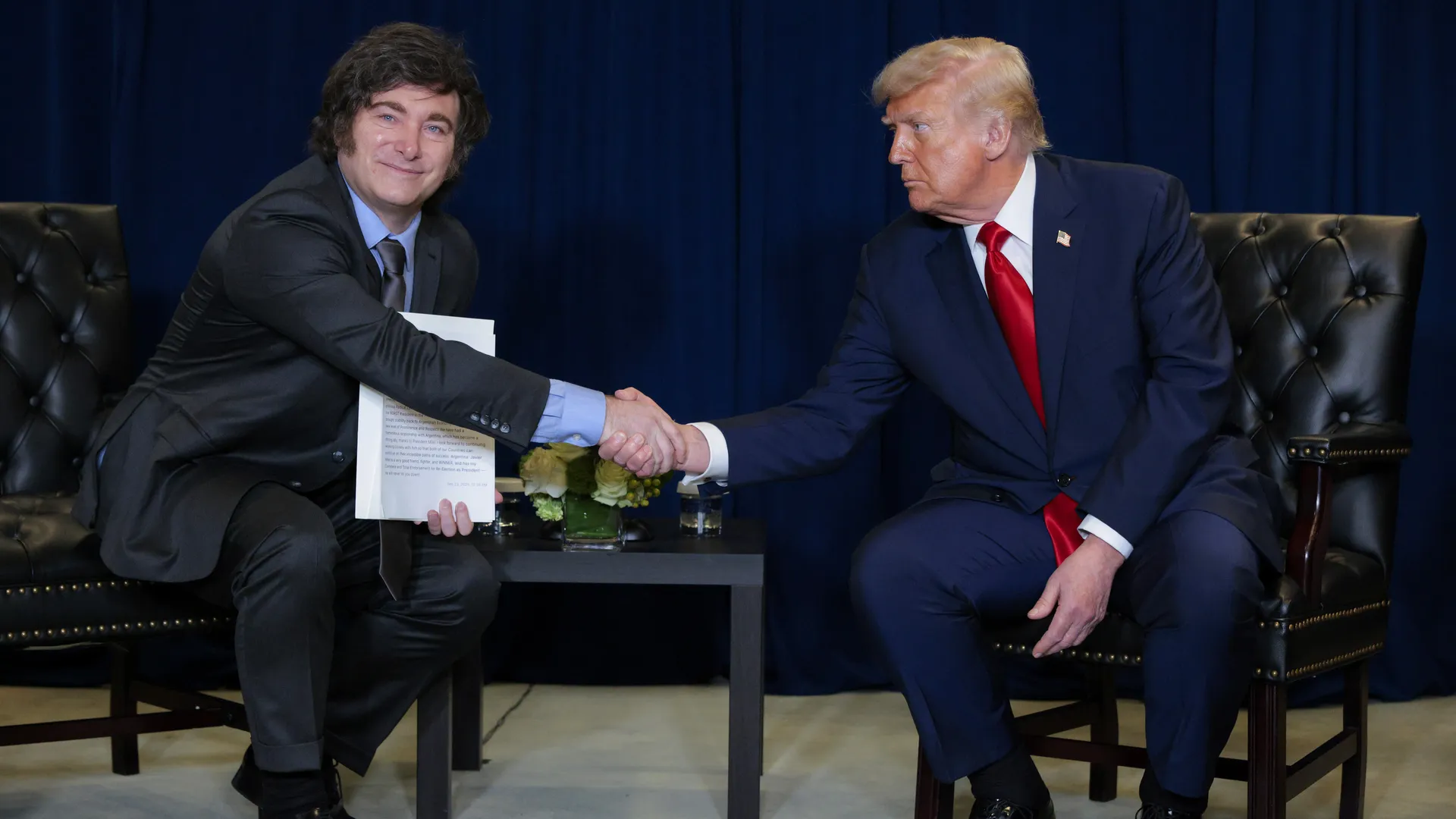September 24, 2025
An increasingly close relationship between the United States and Argentina has taken center stage with President Donald Trump expressing strong public support for Argentina’s leader, Javier Milei, while economic signals suggest Washington is preparing measures to stabilize Argentina’s current financial turmoil.
Trump’s Gesture of Backing
Meeting at the United Nations General Assembly, President Trump met with Milei and stated that he believes Argentina does not require a full bailout. Nonetheless, Trump promised that the U.S. stands ready to assist, offering its endorsement of Milei’s bid for another presidential term. He emphasized cooperation, including help obtaining favorable debt and stabilizing tools, showing an unusually open commitment to Argentina’s economic reform agenda.
Economic Moves in Motion
Treasury Secretary Scott Bessent has indicated that all options are being considered by the U.S. to support Argentina’s economy. These include possible purchases of Argentina’s sovereign debt, interventions via currency stabilization tools, or assistance via U.S. financial institutions.
Simultaneously, the World Bank has stepped forward with an accelerated plan to allocate some portion of a larger financial support package to Argentina in the coming months. The aim is to prioritize public sector projects and private investment in critical fields such as energy, mining, and tourism — areas seen as essential for jump-starting growth and restoring market confidence.
Market Response
Argentina’s markets reacted quickly. Its currency made noticeable gains, and bond prices improved following announcements of potential U.S. support. Investors appear cautiously optimistic, banking on Washington’s willingness to act as a stabilizing force. Still, uncertainties remain — especially about how extensive the U.S. intervention will be, what conditions will accompany it, and how sustainable the relief might prove given Argentina’s current economic pressures.
Political Overtones & Risks
The unfolding U.S.-Argentina cooperation carries political weight. Milei faces legislative elections in October, and Trump’s endorsement bolsters his image among conservative and reform-minded supporters. Some critics warn that U.S. financial intervention risks being labeled a bailout, potentially exposing it to political backlash domestically in both Argentina and the United States.
There are also concerns about the fiscal and monetary implications of stabilizing measures. For instance, managing debt obligations, avoiding excessive inflation due to currency interventions, and ensuring that aid doesn’t just provide short-term relief without long-term structural reform will be key challenges.
What to Watch
- What specific tools the U.S. decides to use (debt purchases, currency swap lines, or others)
- The size and timeline of World Bank and private investment commitments
- Outcomes of the upcoming legislative elections in Argentina, and whether they enhance or restrict Milei’s mandate
- Financial indicators: how the peso, bond yields, inflation, and investor sentiment respond to any aid announcements
















Leave a Reply